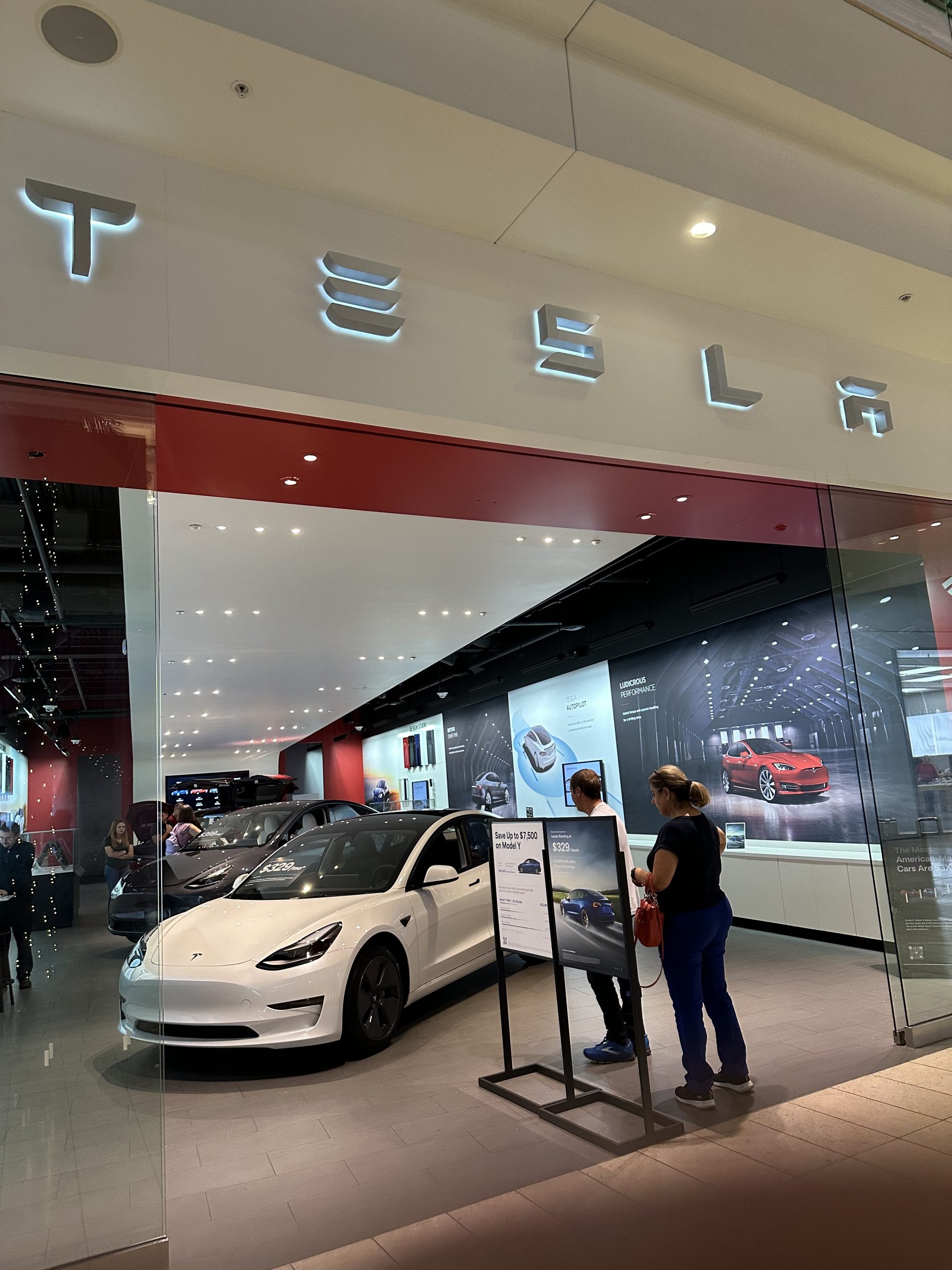Tesla is embroiled with several European labor unions in an ongoing strike and protest, originating from a walkout by Swedish mechanics belonging to the IF Metall metalworkers’ union. While this situation is still unfolding and various unions in European countries decide if they will work in solidarity with IF Metall, Tesla has gone to court in an attempt to strike back at sympathetic Swedish postal delivery workers. This has remained unsuccessful for Tesla CEO Elon Musk so far, with several rulings going back and forth, the most recent in favor of the striking workers.
The US automotive industry saw one of the most effective labor actions in recent memory when in September, the United Auto Workers (UAW) launched a targeted strike against the three largest automotive manufacturers in the country. While American workers were striking for amendments to their existing contracts, IF Metall workers are currently striking against Tesla to forge a collective bargaining agreement. The staunch resistance to opening discussions on such an agreement has been emblematic of Musk’s stance on unions, exemplified in a quote from the DealBook Summit in late November. “I disagree with the idea of unions. . . I don’t like anything that creates a lords and peasants sort of thing,” Musk said.
The Swedish are accustomed to proper bargaining agreements for employment. Some 65 percent of Swedish workers belong to a labor union and 90 percent of all Swedish workers are covered by collective bargaining agreements. The rights of workers are so enshrined in Nordic life that even McDonald’s workers in Denmark have six weeks of vacation time. The strong calls for proper wages and working conditions has now created a difficult situation for Musk and his cars in the Nordic market. The most impactful aspect of this round of collective bargaining has been the outpouring of solidarity involving several different industries from within Sweden and across the border in Denmark and Norway. In Sweden, many workers dealing with parts of Tesla’s operation in Europe have begun actions to pressure Tesla into forming a collective agreement. These include but are not limited to: transport workers, dockworkers, service and communications workers, civil servants, electricians, aluminum and energy workers and building maintenance workers.
In Denmark, dockworkers acted in solidarity and one of the largest pension funds was sold off after a refusal by Musk to enter collective bargaining. In Norway, the Norwegian Confederation of Trade Unions said it will block transit shipments of Teslas meant for Swedish consumers if Tesla hasn’t reached an agreement by late December.
The combined efforts of workers in Sweden, Norway and Denmark have impacted Tesla in many ways, including preventing Tesla cars from being fixed at service centers, stopping them from being unloaded and handled at docks in Sweden and Denmark, preventing Tesla facilities from receiving license plates in the mail and halting maintenance and construction work at Swedish Tesla facilities.
The UAW has announced that it is planning to organize with the employees of non-union automakers in the US, including Tesla. The auto union is encouraging workers at non-union automakers to sign cards asking to join the UAW, with plans for demonstrations should there be enough interest in joining the union.
With the approval of courts in Europe to continue actions in solidarity and the success of the September UAW strike, guaranteeing a raise of 25 percent over four years, IF Metall and the UAW have proven themselves to be competent forces that could potentially pressure Tesla to unionize for the first time in its history.

